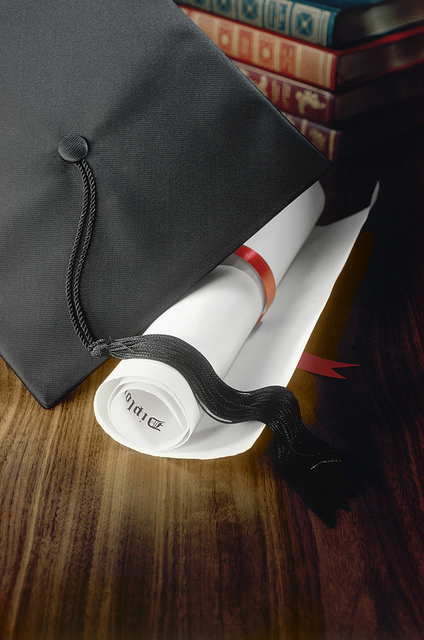
Having been in higher education for almost forty years, I have heard many reasons for students to go to college – some good and some not so good. The focus is pretty much on getting a good paying job after graduation. To do that, students take and pass courses until they’ve completed their requirements for graduation, so this is the focus – not learning anything or being able to use what was learned in the real world or even how to use it.
As an educator, I think we must shoulder some of the blame for this. Too often, we present information to the students without really helping them understand why it’s important other than that it may be on the next test. Because of this, the students retain information well enough to repeat it on the test and then forget it never really understanding its value.
This is not what we should do and this is not how learning takes place. I tell my students that they are smart enough to learn the material, my job is to put it into context for them so they know how it fits with what else they should have learned and how to use the information after they graduate. Put another way, I want them to be able to recognize an application of knowledge they obtained and know how to use that knowledge to solve real world problems and answer real world questions. In the long run, this is what makes them valuable to an employer and to society in general – not what grades they got in college. A few years after graduation, no one will ask them about their college experience any more. They will want to know what they’ve done with what they learned since graduation. Graduating may get them employed but what they learned while they were in school and how well they can use it will keep them employed.


 Follow the link below to read an interesting article on what some universities are doing to significantly reduce the number of students who start but don’t finish college. How do you think these strategies would work at your college or university?
Follow the link below to read an interesting article on what some universities are doing to significantly reduce the number of students who start but don’t finish college. How do you think these strategies would work at your college or university?


 In the last post, I talked about how to use your textbook to prepare for and get the most out of your classes. You’re a few weeks into the semester so you’re probably preparing for a test on the material you’ve covered so far – let’s talk about how you prep for that.
In the last post, I talked about how to use your textbook to prepare for and get the most out of your classes. You’re a few weeks into the semester so you’re probably preparing for a test on the material you’ve covered so far – let’s talk about how you prep for that.
